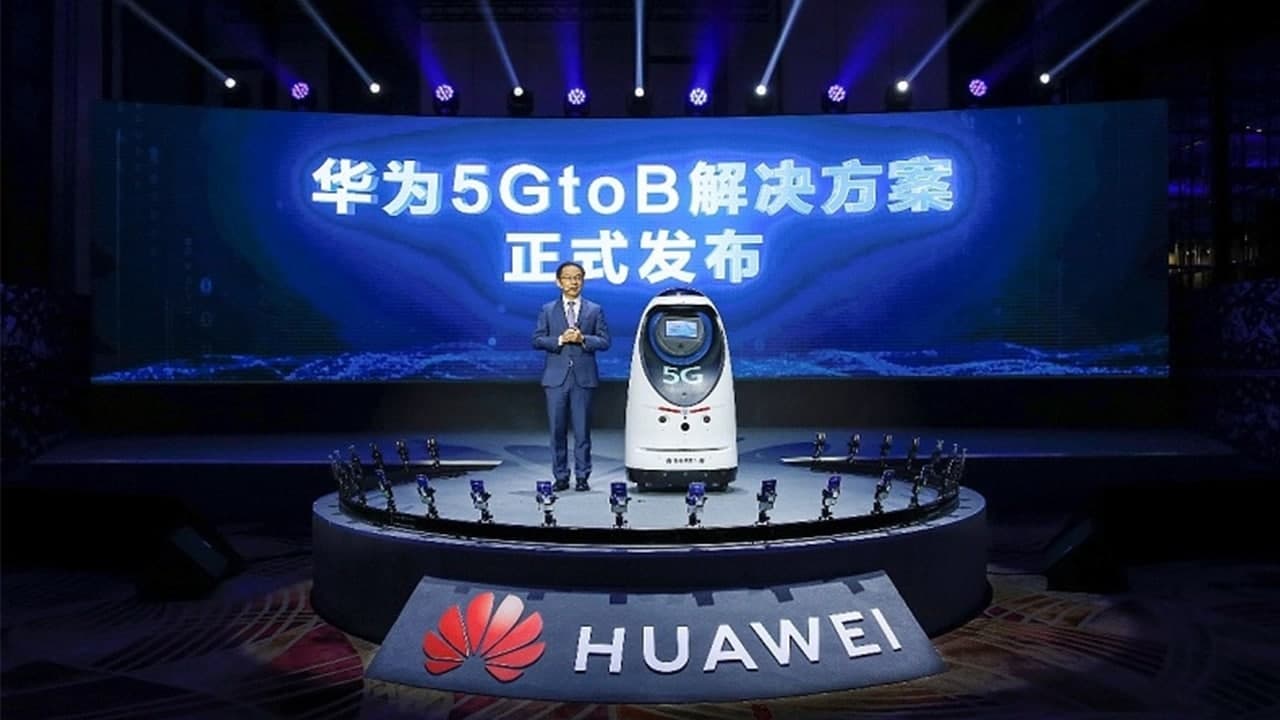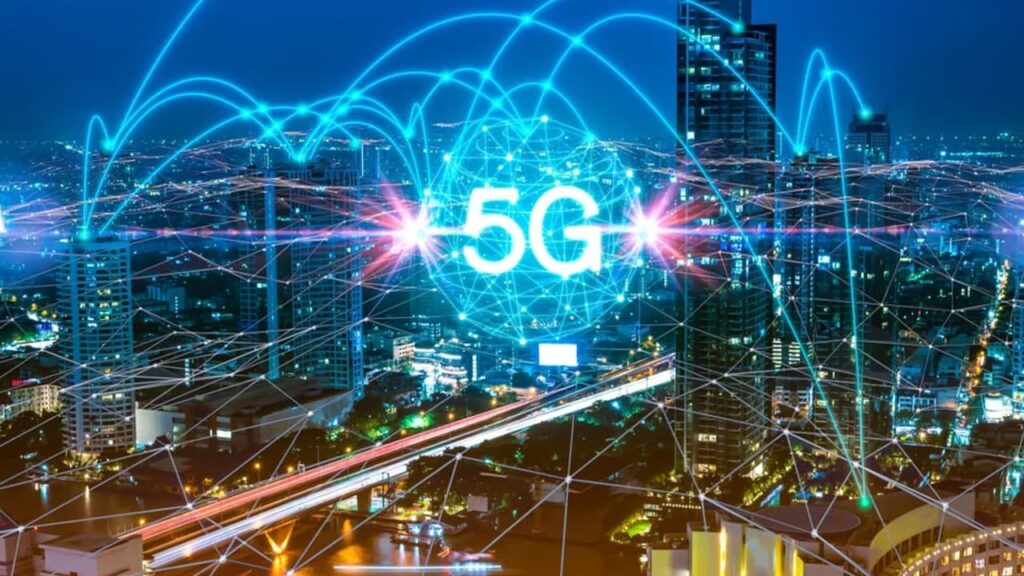News
Huawei releases 5GtoB solution, predicts 5G to overtake 4G market in over the next two years

Huawei’s largest and most awaited event, MWC Shanghai 2021 is currently going from February 23 to February 25 at New International Expo Center (SNIEC) Shanghai, China. According to the information, the participants of MWC 2021 will be able to experience the latest technological breakthroughs including 5G, artificial intelligence, Internet of Things, smart home, etc.
During the event, Huawei’s Executive Director and Carrier Business Group President Ryan Ding gave a keynote speech at the company’s “5G Brings New Value” and talked about the developments, commercial returns, and opportunities for industry digitalization that 5G would bring as well as launches its 5GtoB solution.
The 5G industry has been developing faster than expected, with operators already seeing commercial returns from the first wave of 5G rollouts. The 5G user base and the number of 5G devices in commercial use have exploded since 2019. By the end of 2020, 380 5G devices had hit the market, 8 times more than there was the year before. The mobile 5G user base had also reached 220 million and wireless home broadband connections reached 1.05 million, a 17 and 21 times YoY increase, respectively. Ding claims these numbers will triple in 2021.
The prices of 5G phones are also dropping rapidly. There are already multiple units on the market priced at under US$150 and about 30 mid-range and low-end phones priced below US$300. According to Ding, the 5G mobile phone ecosystem will become as mature as 4G over the next one to two years as network rollouts continue and the user base keeps growing.
In the markets that deployed 5G first, operators have already begun reaping commercial returns. In China and South Korea, operator revenue continued to increase as their 5G user base grew faster than in other countries. Finnish operator DNA and Saudi operator Zain also achieved impressive financial results in the early phases of their commercial 5G deployment.
At the event, Huawei also officially released its 5GtoB solution, which is aimed at creating new value for every player across the industry value chain. Ding stated that building on its experience in connectivity, computing, and industry digitalization, Huawei has worked with operators and other industry partners to develop a one-stop solution that covers sales, operations, and services – the 5GtoB solution.
This solution will simplify transactions for enterprise users, help operators monetize their network capabilities, and allow partners to innovate more efficiently, creating new value for every player involved.

The Huawei 5GtoB Solution includes four parts: 5GtoB Network, 5GtoB NaaS, 5GtoB App Engine, and 5GtoB Marketplace. With 5GtoB Network serving as the infrastructure of the 5G solution, Huawei will continue building its capabilities in providing scenario-based 5GtoB services, including network planning, construction, maintenance, and optimization.
With 5GtoB NaaS, network capabilities can be orchestrated into offerings before they are released, making it easier for enterprise users and application developers to use 5G networks and enabling enterprise users to manage 5G campus networks themselves.
The 5GtoB App Engine is an application innovation center, where application developers and system integrators can access operators’ 5G network capabilities. It makes 5GtoB application development more efficient and application integration easier. It also serves as a bridge between 5G network capabilities and 5GtoB applications, enabling agile service development and launch.
The 5GtoB Marketplace is an all-in-one digital supermarket on the cloud, where enterprise users can purchase the industrial 5G solutions they need.
Huawei’s Executive Director said that Huawei has worked with operators, partners, and enterprise users to apply the 5GtoB solution first in the steel industry. With their capabilities and experience embedded into this platform, industrial 5G solutions like automated billet rotation, AR-assisted remote assembly, and steel surface quality inspection, can be standardized and rapidly replicated.
At the end of his speech, Ding emphasized that industry digitalization will be a huge market, but that digital infrastructure developments vary greatly across industries and application scenarios also vary.
In addition, he related digital standards are not in place yet. As such, he called on all industry players to work together to establish comprehensive 5GtoB standards and ecosystem to drive further industry digitalization. He closed his speech by reiterating Huawei’s commitment to investing in the ecosystem and standards and supporting industry digitalization.








